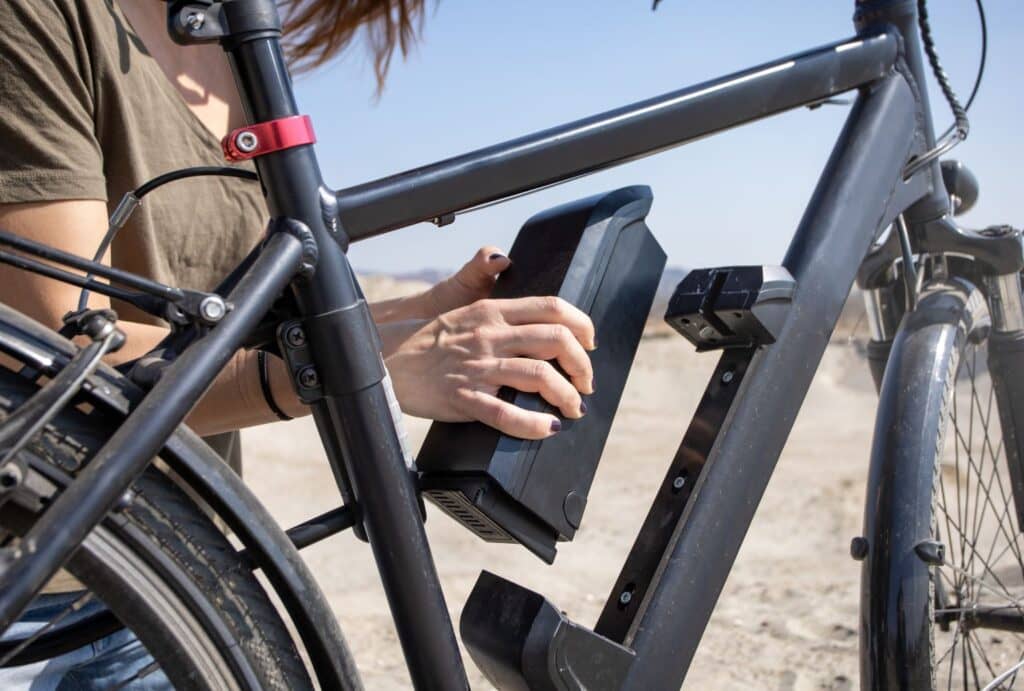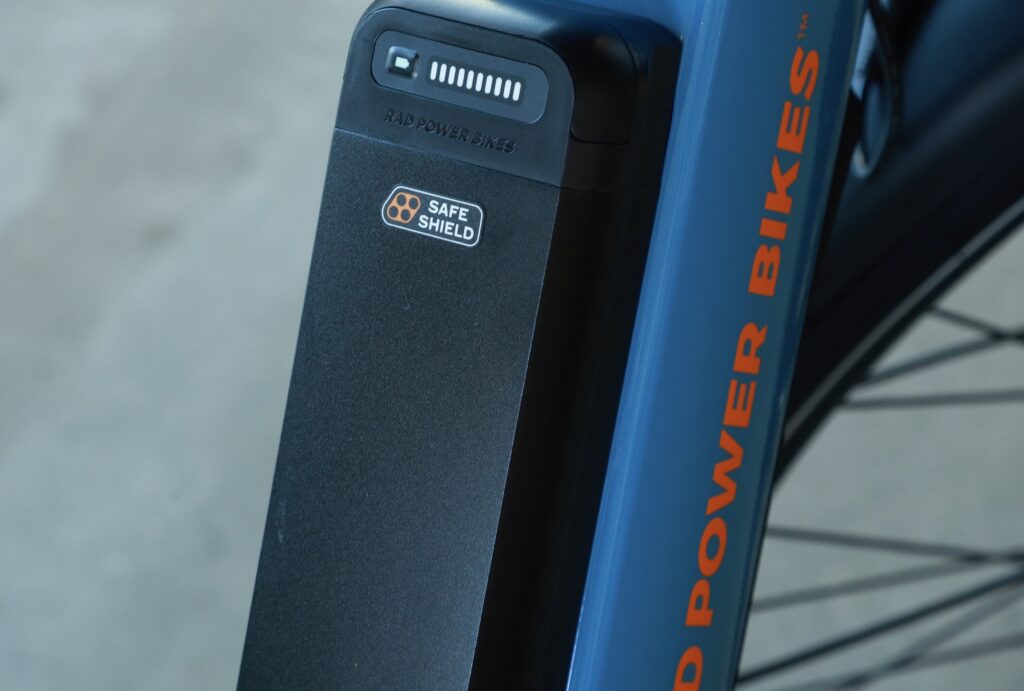On May 14, 2024, President Biden announced a new set of trade tariffs on USD 18 billion of imports from China. These China tariffs affect a wide range of industries, including electric vehicles (EVs) and e-bikes.
Section 301 of the Trade Act of 1974 will increase the tariff rate on electric vehicles from 25% to 100%.
A tariff increase — jumping from 7.5% to 25% — will also affect e-bike lithium-ion batteries.
The new tariffs went into effect on June 14. While meant to protect American workers and businesses, these tariffs could have detrimental effects on the EV and e-bike industries as a whole.
Tariff Exclusions for E-Bikes Set to Expire
E-bike batteries were previously excluded from the Section 301 tariff.
President Trump actually set China tariffs that included e-bikes, but officials from the Office of the United States Trade Representative consistently excluded these products from the increased rate.
The Biden administration’s China tariffs undo these protections, meaning that it will now cost more to import e-bike batteries — a lot more.
PeopleForBikes, an organization that fought hard for the tariff exclusion, estimates that its efforts have saved the bike industry over USD 130 million since 2018. Now, those costs will likely fall on consumers’ shoulders.
How China Tariffs Might Affect EV and E-Bike Prices

With these tariffs on EVs and e-bikes, there’s almost no doubt that e-bike prices will increase in the coming years.
While there are plenty of American-made e-bike brands — like Cannondale and Rad Power Bikes — that doesn’t mean China is entirely out of the electric bike game. One 2021 study estimates that the country makes 86.3% of all bikes purchased in the U.S.
Even with the growing popularity of American-made e-bikes, companies often still need to import parts like batteries from China — leading to cost increases reflected in the final price.
As of 2024, the average mid-drive e-bike costs around USD 3,000 to USD 4,000, which is already too much for many. Our 2023 eBikes.org survey confirmed this, with nearly half of non-e-bike-owners citing high prices as a reason they have not invested in one yet.
Increasing costs due to the tariffs could further make e-bike ownership unaffordable for the average American. That said, there are plenty of e-bikes at every price point — for now, at least.
EV ownership likely won’t be impacted as much. According to our aforementioned report, the U.S. is the second-largest electric car market in the world, so finding a car made in the U.S. shouldn’t be a problem for Americans.
Additionally, the United States appears prepared when it comes to batteries for EVs. The Environmental Defense Fund conducted a study showing that the U.S. has the battery production capacity to supply all the electric vehicles expected to be sold in 2030.
The Push for American-Made E-Bikes and EVs

The Biden administration’s China tariffs highlight a commendable desire to support American businesses, but like with many initiatives, the consumer becomes lost in the process. By enacting a trade war at an economic level, the tariffs inadvertently burden individuals more.
There’s still hope, though. As of May 2024, Biden is finalizing rules regarding USD 7,500 in tax credits for switching to an electric car. However, the rules limit the tax credits for EVs with China-made parts.
The administration is also spending billions on EV charging infrastructure across the country. The E-BIKE Act is also in Congress for a second time, offering a 30% tax credit (up to USD 1,500) for an e-bike purchase. These initiatives can help offset increased costs for EVs and e-bikes.
At the end of the day, e-bike and EV manufacturers will adapt. While the new tariffs may be forcing their hand, streamlining domestic operations may eventually result in quicker production and more availability on the consumer level.
Enjoy this analysis of the new China tariffs? Sign up for eBikes.org newsletter for more news updates.



